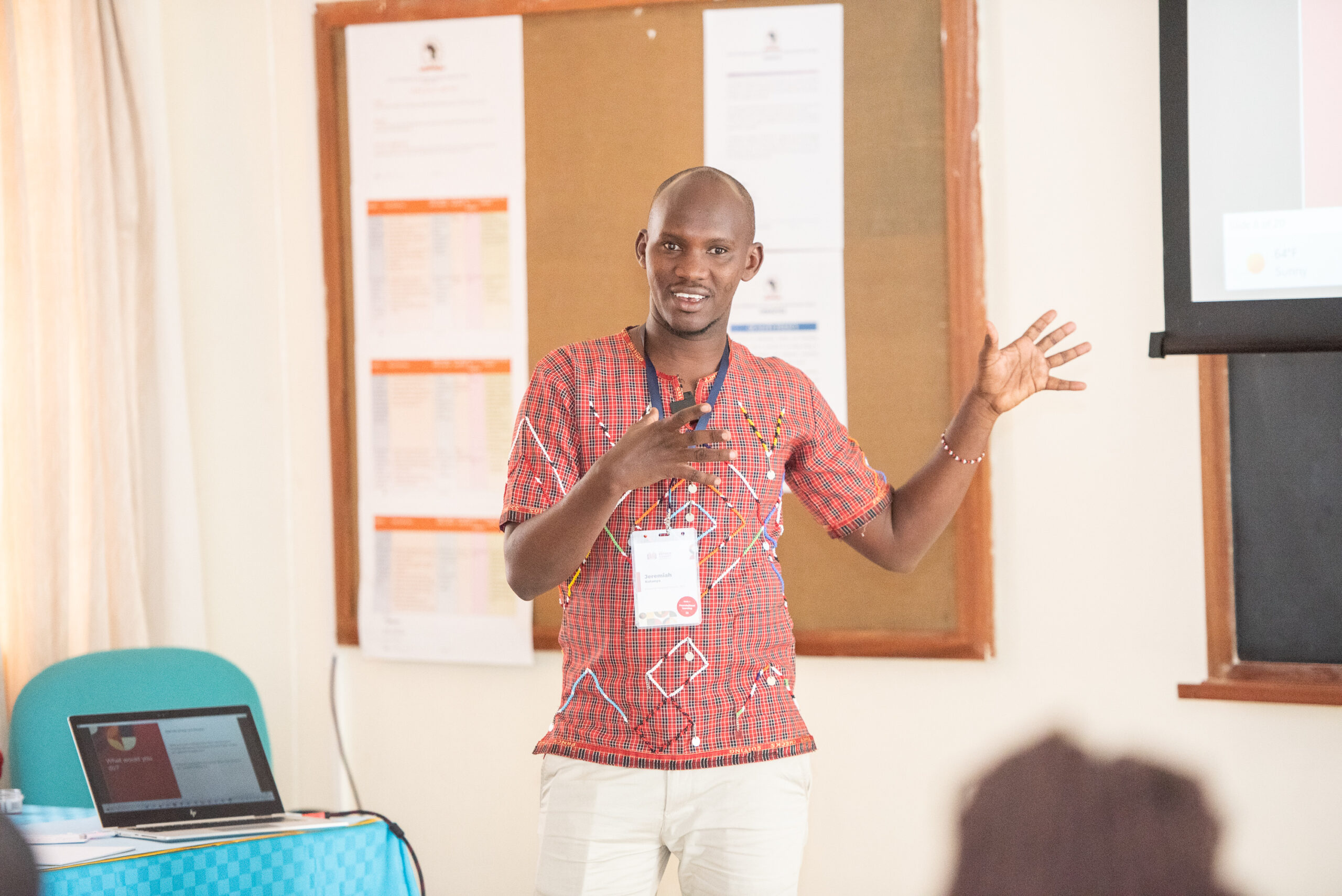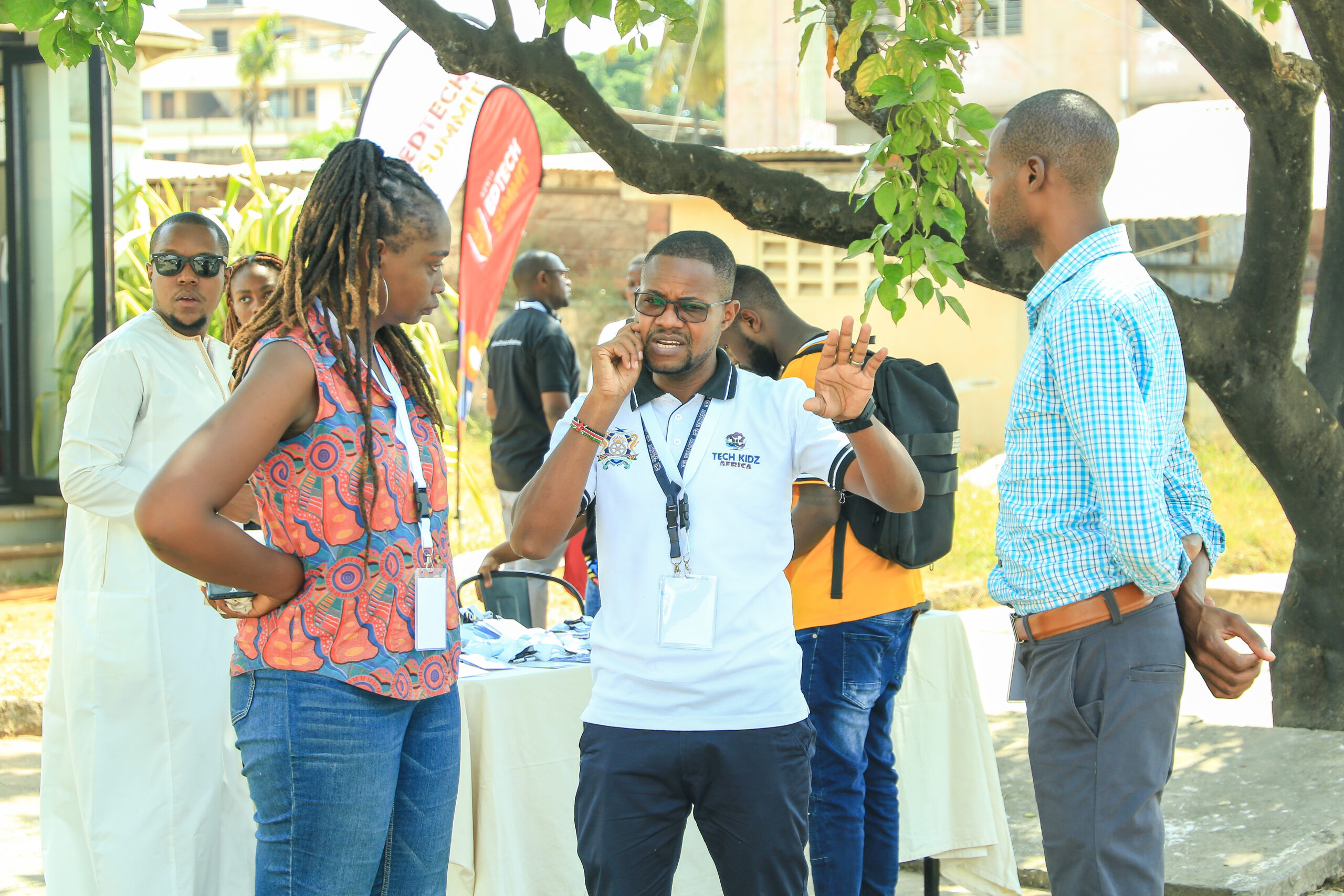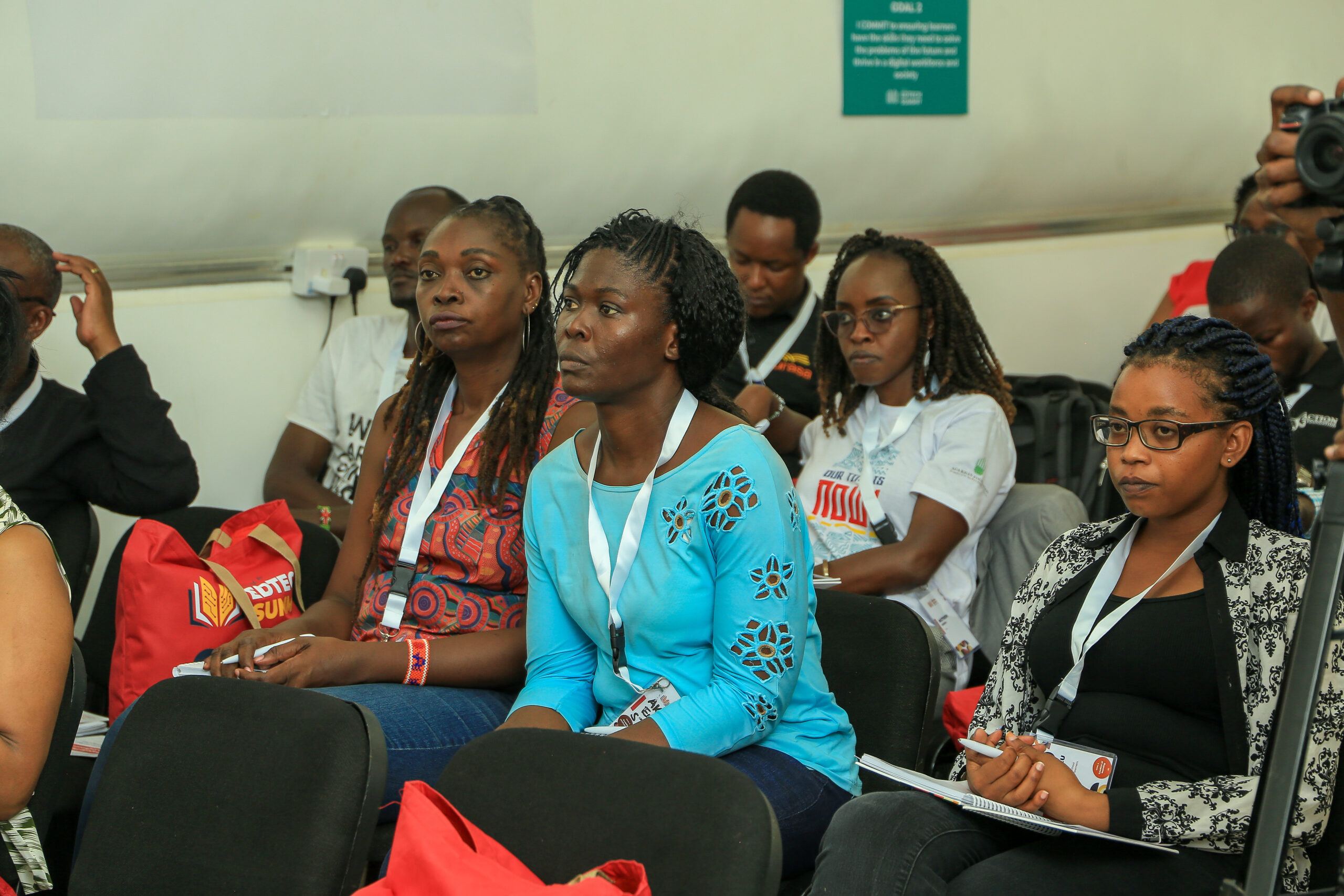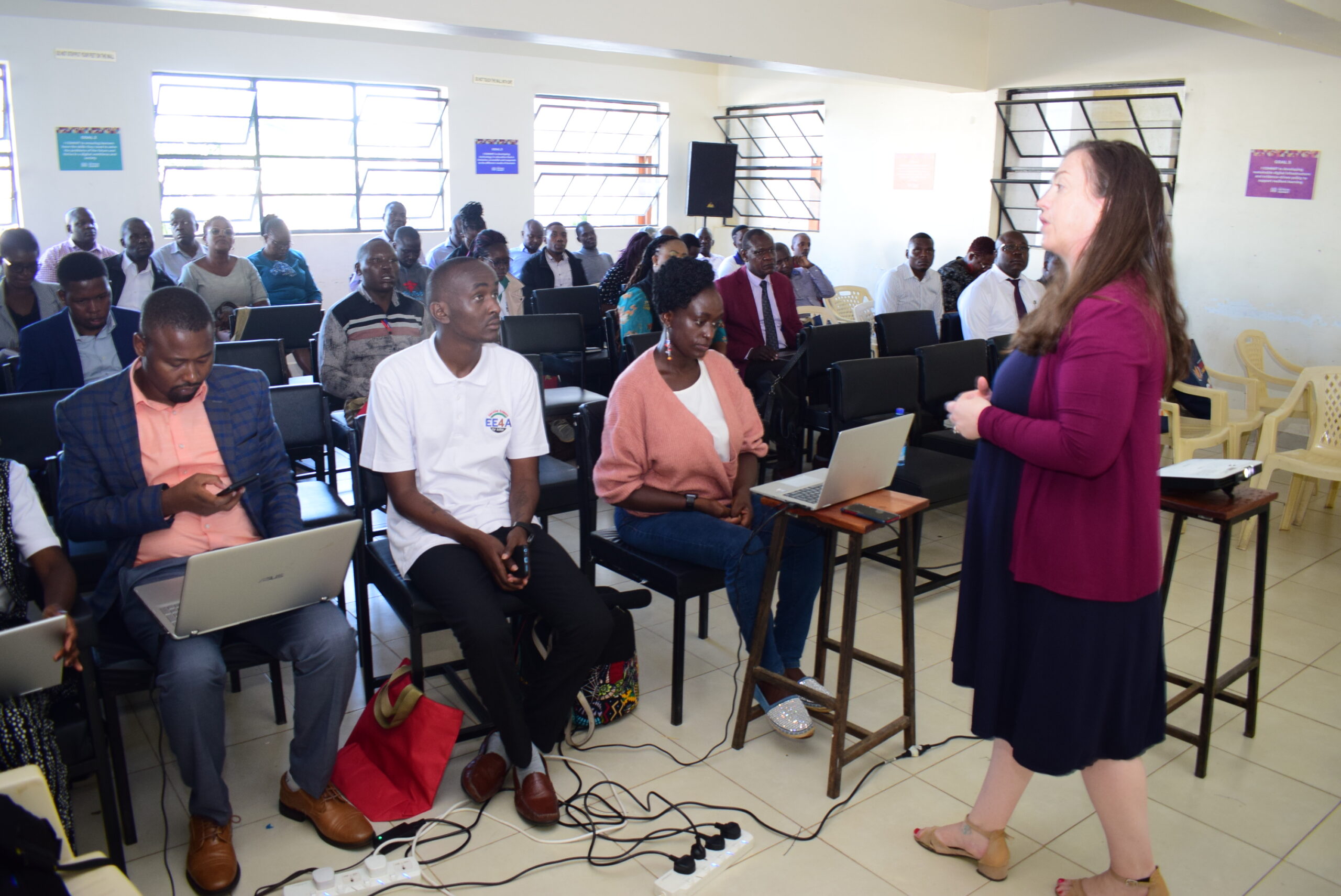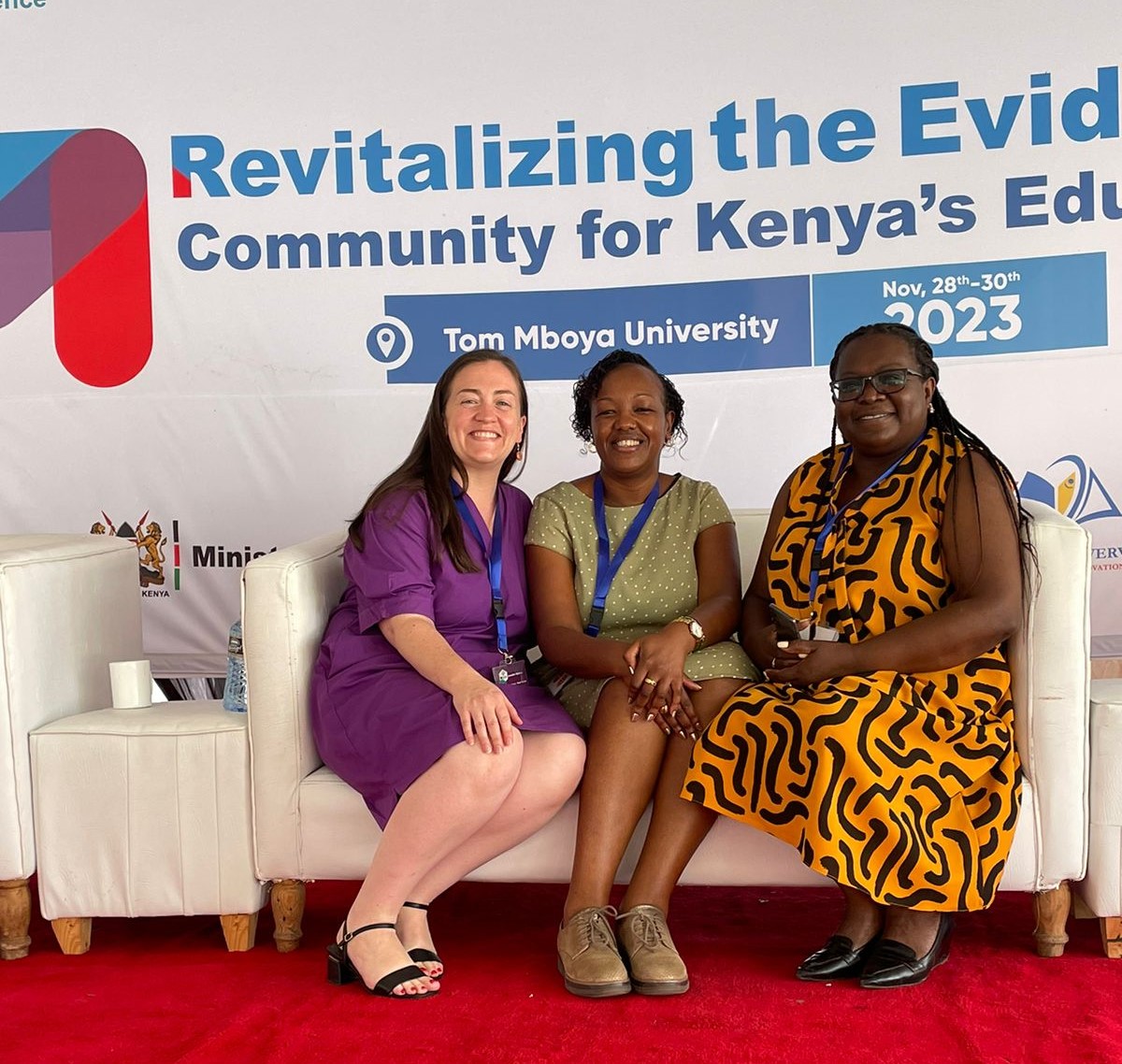The Learning Out Loud sessions were a favorite among participants of the EdTech Summit 2023, organized by EdTech East Africa and sponsored by Mastercard Foundation, EdTech Hub, Oracle Academy, and Amazon Web Services. It was an opportunity to dive into real-world situations and exercise creativity in solving challenges. In this case, they were grouped into teams and told to picture themselves in charge of an organization that offered education to children in marginalized communities.
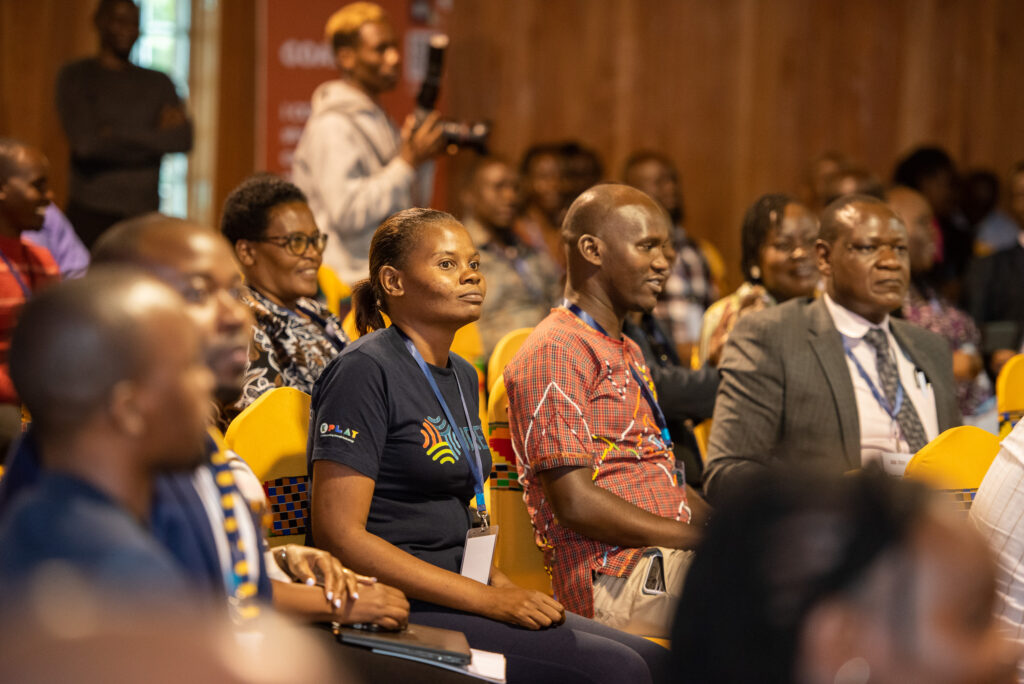
They were to come up with ways to increase enrolment and attendance among school children. It was an immersive experience. The excitement was in working against the clock to come up with the best viable ideas. Great suggestions were presented, ranging from developing cheaper, entry-level learning devices to rewarding the most engaged parents. It was a fun way to learn and be involved.

After every team had presented, participants were eager to listen to the main presentation. Partly to find out whether their ideas would work in real life and out of new-found appreciation for the environment PICO was operating.
Pastoralists Integrated Concerns Organization (PICO) is an indigenous community-based organization that seeks to address issues affecting the pastoralist communities within Kajiado County, such as climate change, education, and social empowerment.

Jeremiah Kutanya co–founded the organization in 2018 as a response to the challenges he had faced during his younger years while taking care of his parents’ livestock. He often had to skip school whenever it fell on him to take them out for grazing and watering. As if this was not enough, his journey to school involved a 20km round-trip, leaving him too exhausted to concentrate on his learning. He would wake up as early as 3 a.m. to just make it to class on time. Not to mention the risk of meeting wild animals that roamed freely in those parts. He vowed to help children facing the same situation if he ever got the chance. PICO uses best practices and accessible technology in its activities.
PICO employs the TaRL learning method to improve literacy and numerical skills. This is carried out in a fun way using locally available materials. Organizations such as Naconect, Grica Kenya and Keep Kenya Learning (KKL) help provide tech-enabled educational resources.
Community Learning Centers and Child Safety
Before kicking off, PICO had conducted a survey to understand the issues that impeded the learning of school-age children. The survey revealed that the children traveled an average of 10 kilometers to school, leading to lateness and poor concentration from fatigue.
In some cases, parents opted to keep the children at home and tasked them with herding cattle until they were old enough to undertake the journey to school. Explaining the effect of late enrolment, Jeremiah said, “Being in class with younger pupils affected the children’s learning attitude and subsequent performance.”
PICO has established Community Learning Centers close to where the children live. The education programs cater to learners from grade 1 to grade 5. This is because foundational education is critical for the overall academic success of the child. PICO works with five primary schools and one secondary school, which then enroll these learners and transition them into the formal learning system. The schools also register them into the National Education Management Information System (NEMIS).
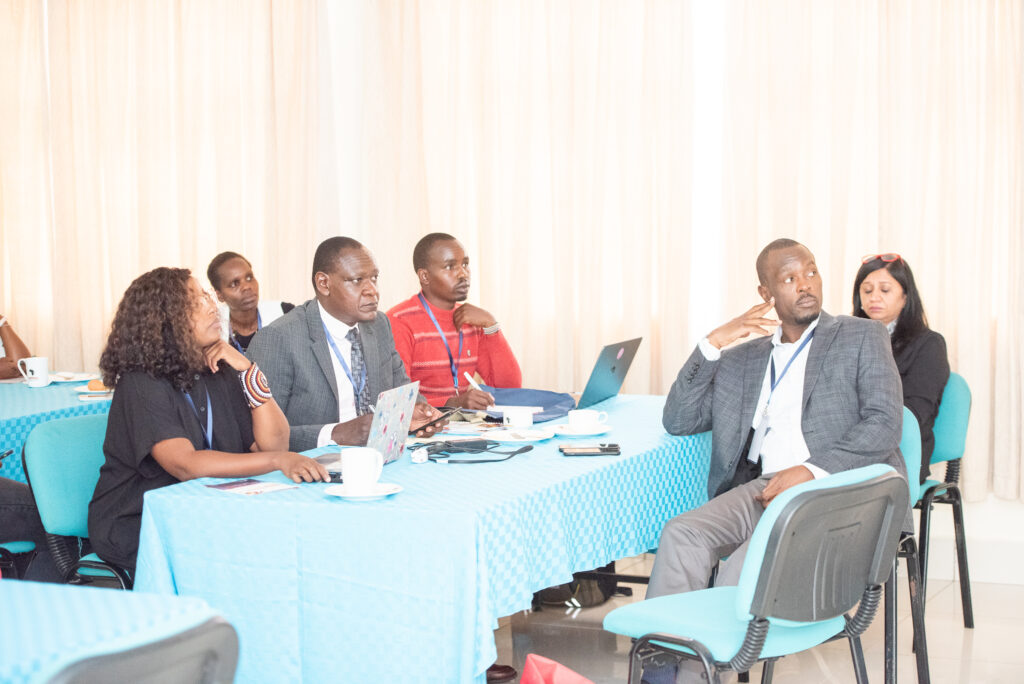
The Community Learning Centers help retain the children within the education system. Whenever a child missed classes for two consecutive days, the team visited the child’s home to understand the reasons behind his/her absence. They would then provide the necessary support to ensure learning resumed. In cases of teenage motherhood, PICO ensures the learner can continue with her studies after giving birth. To equip untrained teachers with pedagogical training and learning strategies, the organization runs radio programs under the Pastoral School concept.
PICO maintains a community library equipped with laptops, tablets, and books donated by the locals. Sitting areas are furnished with cowhide, which is used by learners during study sessions. Volunteers are on hand to assist in training.
Keeping Parents Engaged
Parental involvement boosts the child’s well-being and confidence, which are essential for success. As KICD states, the engagement of parents creates an enabling environment for the school to build on. Working in conjunction with Naconnect, PICO created a handbook for parental engagement programs that provide skills for learning at home.
Parents are empowered through providing basic training that allows them to access educational content using feature phones. Content is sent to them based on the learner’s level. This training equips parents to differentiate various types of messages they receive on their phones, enabling them to support their children’s learning. Learners earn performance points redeemable through cash.
Engaging parents was not without hitches. Occasionally, a parent would be reluctant to let his child attend classes when he could be at home helping out with the chores. Negotiation would then be required, with an agreement reached on the number of hours that would be set aside for learning.
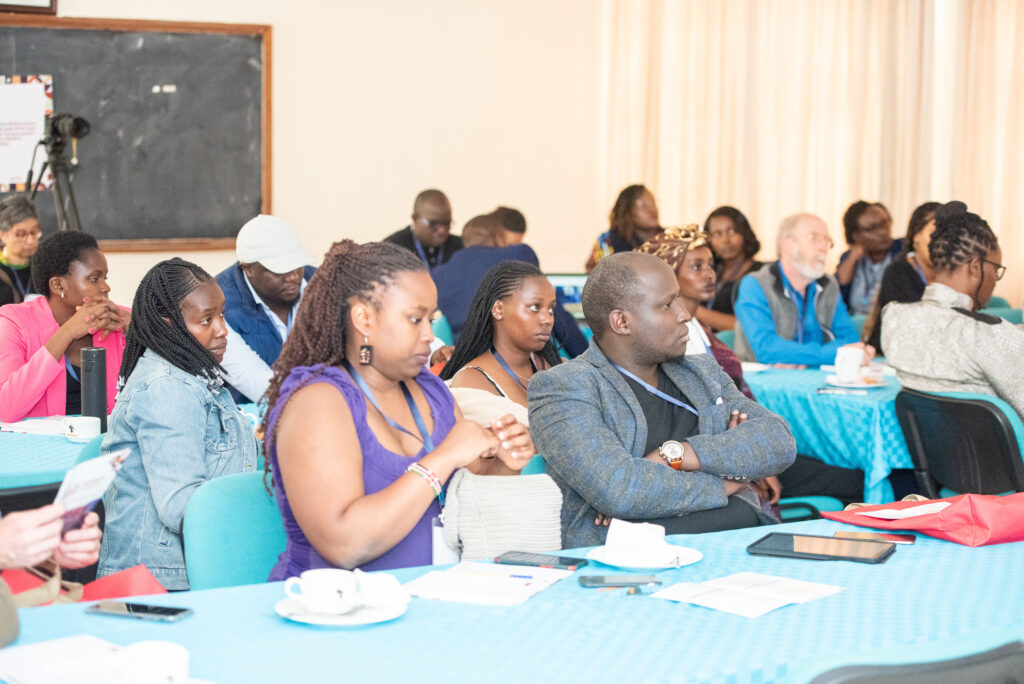
Use of Volunteer Teachers
The Community Learning Centers are manned by volunteers with a minimum of high school education. They are then trained in the TArL methodology. Criteria for selection are a demonstrable passion for service and a commitment to work for a specific period. The latter is to prevent disruption of learning should the young volunteer leave unexpectedly.
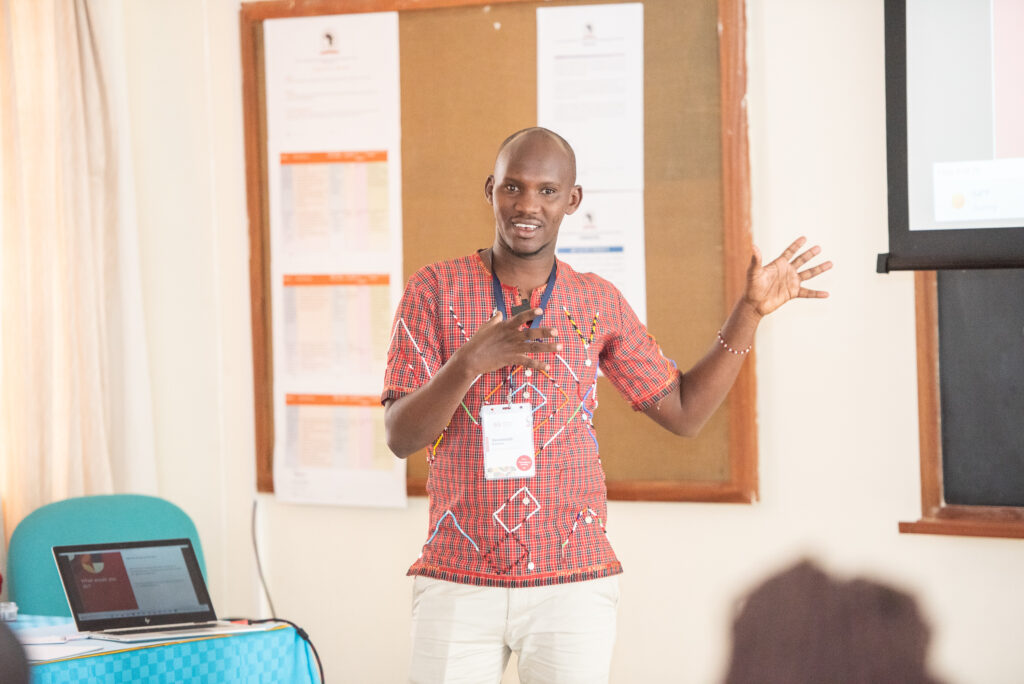
Lessons into The Future
The learning-out-loud session proved to be an eye-opener on the challenges faced by pastoralist communities in accessing education. By empowering parents, better learning outcomes are achieved. Parental engagement is an essential component in sustainable learning among pastoral communities.
